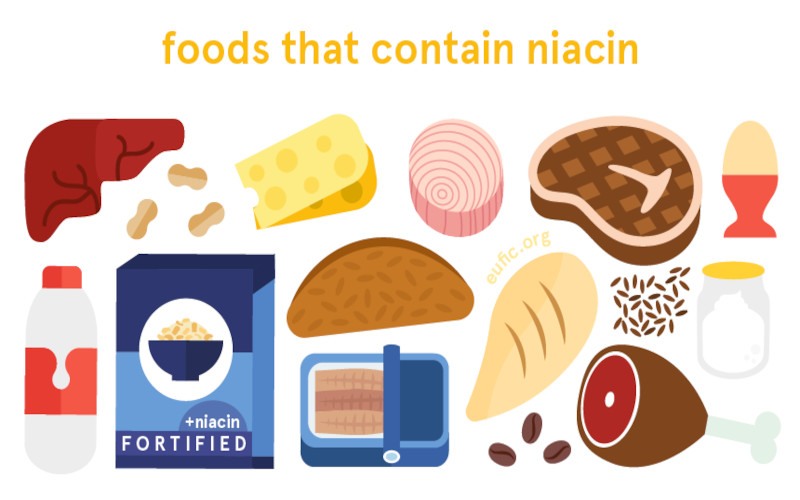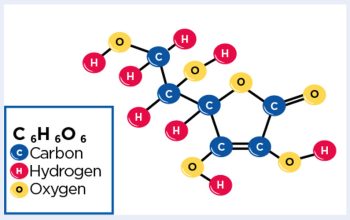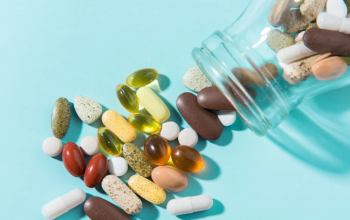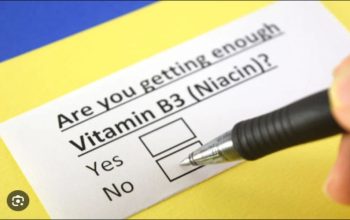Niacin Part 1: Your Key to Mental Health and More
Meagan Purdy, ND interviews Dr Michael Joseph, DFM, PhD, MS on the historical and present-day use of niacin and how it supports multiple biochemical processes, including mental health functions.
Interview with Michael Joseph, DFM, PHD, MS, PART 1
Meagan Purdy ND: Hi, Dr. Joseph. Thank you so much for joining me today. I guess we’ll start by asking you to tell me a little bit about your background and clinical practice.
Michael Joseph, DFM, PhD: My name is Dr. Michael Joseph. I have a doctorate in Drugless Functional Medicine, Orthomolecular Medicine, and Natural Medicine as well as a Master’s in clinical nutrition.
I have been involved in this industry for about 20 years, since 2002. Originally, I got into this line of work not to be a professional, but to fix myself. I couldn’t find anyone to fix me, and when you can’t find a doctor to help you, you become your own doctor—or at least I did. I wanted to get involved in holistic nutrition and health. I was young and in a tough spot, so I found a program for holistic nutrition, but I couldn’t afford to pay for it. I showed up on the first day anyway and said, “Hey, you’re going to enroll me! Because I don’t have any choice…” They put me on a work-study program in exchange for class tuition. I learned a thing or two. I got healthy, I lost weight, and my energy levels were great. I was no longer 25 going on 60. I was 25 going on 25 and a half. It was a good experience for me. Yet, I didn’t take on a paying client for about a year after I graduated. People kept coming up to me and asking me for a consultation, but I had no intention of using this knowledge in that way. I was sort of drafted into this.
I started working with a medical doctor as his staff nutritionist for retired cops, firefighters, and veterans, with tremendous success in dealing with cardiac and digestive issues. Then I went into my own private practice, working with laboratories or privately with individuals. Now, 20 years later, I look back and think I had no idea what I was doing, but I knew I must have been doing something right because people were coming off their medications and getting healthier! I still go into patient visits with a “blank slate” mentality. When you’re treating each patient at the individual level, there’s always going to be something new to learn, something that you have to figure out on the spot.
I never intended on making a professional practice out of this. I just wanted to feel better. Now it’s evolved into a practice and I have developed my “clinical instincts.”
Meagan: Tell me a little bit about your path to becoming an expert in niacin, Vitamin B3.
Dr Joseph: My first exposure to niacin was when I was working in the clinic with that doctor. He had a nurse practitioner at the time who interviewed cholesterol patients to see if they were a good candidate for a specific supplement. If they were, she would give them the supplement, which had a bunch of antioxidants—I remember a French maritime pine bark extract being in there—but one thing that jumped out at me was the niacin in it. As the years went on, I started to get a lot more interested in niacin. What is it about this nutrient? Why do people turn bright red when they take it? These, and other questions, led to me doing a ton of research specifically on niacin. This research became a part of my eventual doctorate degree(s) and my subsequent master’s degree. So, this nutrient had an academic side for me, a professional side, and there was also a personal interest, as well. In my clinical opinion, there is no single nutrient that has had a bigger impact on transitioning a person from one state of being to another than niacin. Whether patients take niacinamide, inositol hexaniacinate, inositol hexanicotinate, or pure nicotinic acid (also known as niacin), we can see positive results, pure niacin seems to have a more dramatic effect, but each of the aforementioned forms is valid to use.
Meagan: Wow—where should I go if I want to start learning more about niacin, following this interview? What do you recommend?
Dr Joseph: The best way to learn about niacin as a clinician is to take it. For instance, vitamin C is something that you’ll start taking, and six months later, you may realize that you didn’t get sick over the winter, or that you’ve seen some benefits over time, such as joint repair, more energy, and less illness. At physiologic dosages, niacin is instantaneous: the “transition” is dramatic and easily contrasts with how one feels not taking the nutrient. It is obvious. The body and mind feel completely different, as if they are functioning “better” or perhaps “as designed.” As far as an expert source, Abram Hoffer, MD, PhD, is probably the most well-known niacin proponent, and his books are available. A good primer is Niacin: The Real Story by Abram Hoffer, MD, PhD; Andrew W. Saul, PhD; and Harold D. Foster, PhD. (The second edition was published in 2023)
End PART 1
Stay tuned to Druglessfunctionalmedicine.com for Parts 2 and 3!




